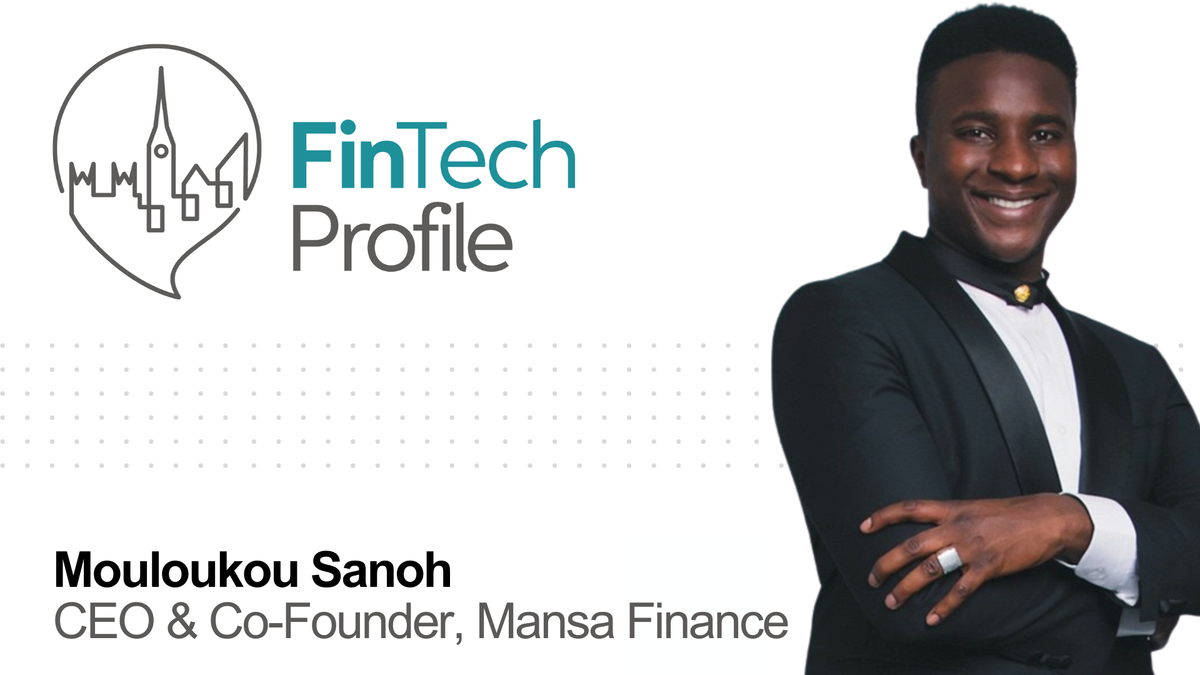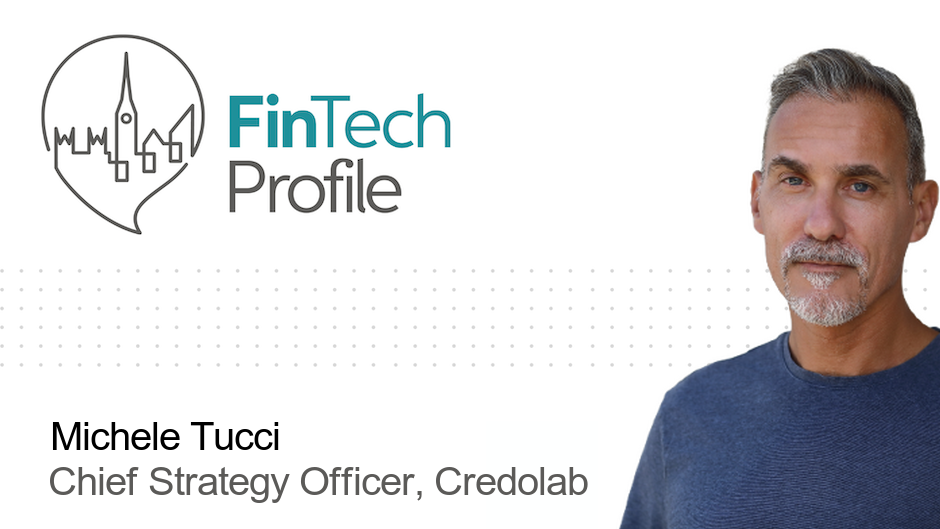Mouloukou Sanoh, CEO & Co-Founder, Mansa Finance

Today we're meeting Mouloukou S., CEO & Co-Founder of MANSA. His company specialises in enabling SMEs in the developing world to grow with on-chain liquidity.
Over to you Mouloukou. My questions are in bold.
Who are you and what's your background?
My name is Mouloukou Sanoh and I’m passionate about driving Web3 adoption in Africa. Previously, I worked in investment banking, private equity, and venture capital across Hong Kong and Africa. Before Mansa, I ran the largest web3-focused VC fund in Africa and built one of the largest crypto companies there called Cassava Network.
My main motivation comes from the struggles I experienced receiving payments from my parents while studying in Hong Kong. Whenever they would send me money it would take ages, and when I got the money it would be less than I expected because of all the fees and the FX struggles.
So my goal is to make transfers, especially payments and remittances in and out of Africa and other emerging markets, faster, cheaper, and more equitable.
What is your job title and what are your general responsibilities?
I am the co-founder and CEO. I lead the strategic direction of the company, and work very closely together with the team. I also work closely with operations and essentially all strategic aspects of the business.
Most of my time is focused on developing partnerships, bringing on new clients for us to work with and investors that we can collaborate with for equity investments and liquidity into some of the businesses that were funded.
Can you give us an overview of your business?
Mansa is a web2.5 FinTech company providing liquidity to businesses in trade finance and cross-border payments.
We leverage decentralised finance to offer faster, cheaper, and more accessible financing options compared to local markets.
Our goal is to become a platform where businesses can access liquidity for transactions, settle business-to-business payments, and create multi currency accounts.
Tell us how you are funded?
We are funded through a combination of venture capital and angels. So far, we have raised $1.2 million from a group of amazing investors and are aiming to raise up to $3 million, which we hope to achieve in due course.
What’s the origin story? Why did you start the company? To solve what problems?
In the crypto market, there are companies offering high yields, but the source of these yields is often unclear. I previously worked in finance, and in that sector, we say, “If you don't know where the yield is coming from, then you are the yield.”
Emerging markets offer real-world yield opportunities due to the lack of liquidity and high financing rates. Even if you're a really great business, it takes an extremely long time to get a loan.
The collateral requirements are ridiculous, and there's a limited supply of financing, so that's why you have such a large credit gap. Mansa aggregates DeFi liquidity to finance short-term transactions in these markets, focusing on trade finance and cross-border payments.
Who are your target customers? What’s your revenue model?
Our target customers for trade finance are export companies dealing in products like avocados and nuts, and we are expanding into other commodities. For cross-border payments, our clients are fintechs and international remittance companies focused on Africa. On the other side, institutional investors and DeFi users seek access to emerging market yields and sustainable returns with short lockups.
If you had a magic wand, what one thing would you change in the banking and/or FinTech sector?
I would improve accessibility to faster and cheaper payments to emerging markets. The African continent currently has some of the highest remittance costs in the world, with fees often reaching 8.5% to 10%, according to the World Bank. With $60 billion being sent to Africa yearly, this translates to around $600 million in fees.
There are also major delays and restrictions, with blacklists for countries like Nigeria. For instance, my business account in Hong Kong cannot send money to Nigeria – which is quite ridiculous when you think about it. So if I had a magic wand, I would make sending money to Africa cheaper, faster, and more accessible.
What is your message for the larger players in the Financial Services marketplace?
Do not ignore the potential of blockchain technology and digital currencies to make the financial system more equitable and efficient. Also, do not ignore emerging markets and SMEs as they offer significant growth opportunities.
Where do you get your Financial Services/FinTech industry news from?
I primarily use Twitter, as well as my own research. I find that news sources can be biased so I prefer to gather information from a wide range of sources. I also refer to the Financial Times and Bloomberg.
Can you list 3 people you rate from the FinTech and/or Financial Services sector that we should be following on LinkedIn, and why?
- Nkiru Uwaje: Mansa’s COO, formerly at Swift and Dell, is one of the smartest people I know
- Benjamin Fernandes: With NALA, he’s played a crucial role in facilitating remittances from Europe to Africa
- Yele Bademosi: Co-founder of Bundle Africa, he's a leading figure in African FinTech and crypto, enabling Africans to access the global financial system
What FinTech services (and/or apps) do you personally use?
Binance and Revolut are my go-to's. I love Binance for its suite of tools that allows me to trade and manage my digital assets easily – and Revolut for its user-friendly interface.
What’s the best new FinTech product or service you’ve seen recently?
It might not be brand new, but I'm really impressed with the improvements NALA (https://www.nala.com/) has made in making remittances so seamless for sending money back to Africa.
Finally, let's talk predictions. What trends do you think are going to define the next few years in the FinTech sector?
First will be the integration of blockchain and digital assets, and particularly stablecoins, in making payments to emerging markets faster and cheaper.
Next would be the emergence of emerging markets' growing importance in the global FinTech landscape. Many companies in emerging markets start in emerging markets but grow up all over the world. For example, Nubank in Brazil has expanded right across Brazil and into other markets.
Finally, the emergence of new categories, created because of advancements in technologies like artificial intelligence, bringing about new industry leaders and new verticals throughout the fintech industry.
Mouloukou, thank you so much for taking the time to participate today!
Find out more about Mouloukou S. on LinkedIn and visit his company MANSA Finance online at https://www.mansafinance.co/.




